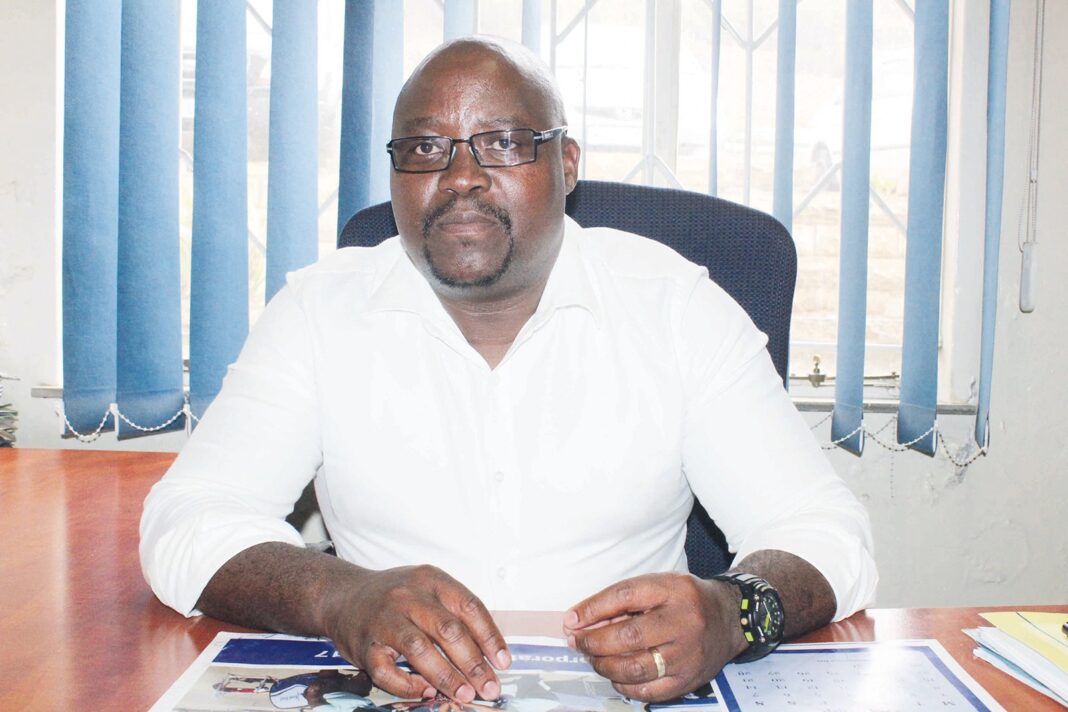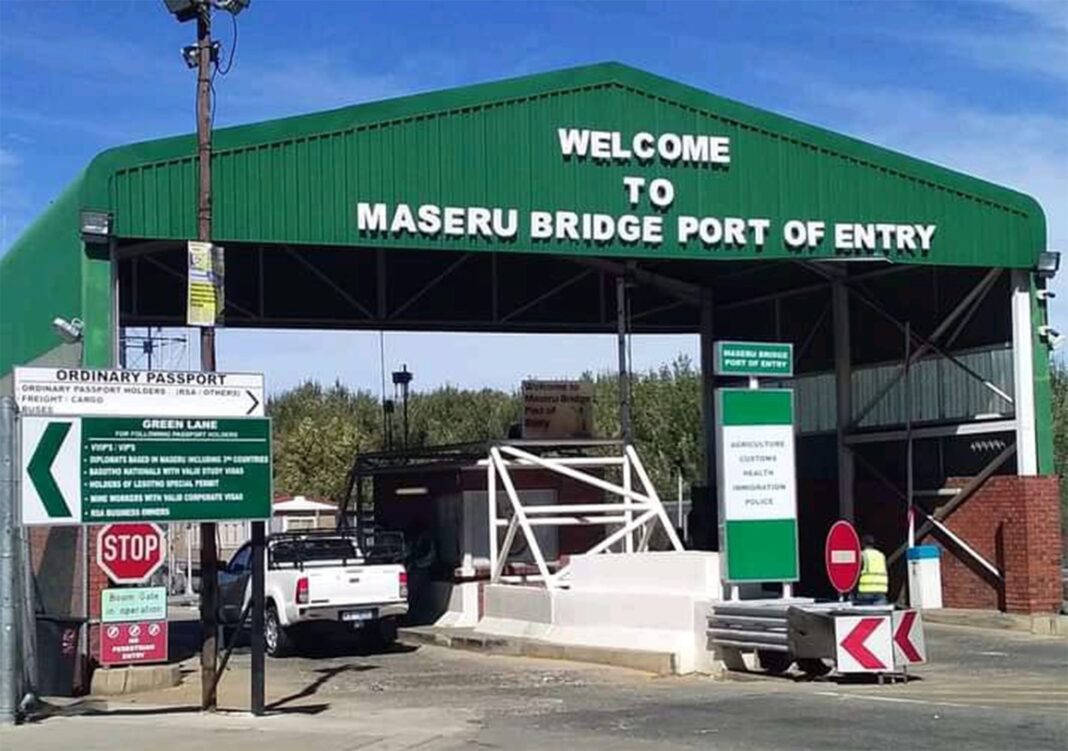By Motšelisi Sekonyela
The Lesotho Mounted Police Service (LMPS) this week cast light on its operational methods, effectively setting the record straight on accusations of police brutality against crime suspects, including those in their custody.
Police brutality is described by rights experts as the excessive and unwarranted use of force by law enforcement. It is an extreme form of police misconduct or violence and is a civil rights violation. It also refers to a situation where officers exercise undue or excessive force against a person.
It is sometimes used to refer to various human rights violations by police. This might include beatings, racial abuse, unlawful killings, torture, or indiscriminate use of riot control agents at protests.
Police brutality is a human rights issue, according to world rights body Amnesty International. At its worst, unlawful use of force by police can result in people being deprived of their right to life. If police force is unnecessary or excessive, it may also amount to torture or other ill-treatment.
Police spokesperson Mpiti Mopeli told the media on Tuesday that, although LMPS does not condone police brutality, there are instances where police officers have to employ force to deal with ‘uncooperative’ crime suspects.
He was specifically responding to last week’s statement by the Lesotho Council of Non-Governmental Organisations (LCN) which accused members of the police service of inability to conduct investigations and making up for that inadequacy by resorting to unlawful means such as force, to extract information out of people in their custody.
“LCN as an umbrella body for non-governmental organizations through its sectorial commission of democracy and human rights that aims to promote awareness and observe human rights and good governance as well as promote accountability unequivocally condemns actions of police brutality and misconduct towards citizens.
“Lesotho is a democratic country whose constitution guarantees the rule of law, right to justice and fair trial. The state authorities, including the police have an utmost obligation to respect and promote these rights. However, police officers tend to act as if they are above the law as they completely disregard human rights by unlawful killings, arrests and detention of civilians.
“Gathered information based on studies on concerns of citizens against law enforcement agencies in the country reflect that there is inadequate investigation prior arrest with police not using appropriate skills to deal with matters but resort to using force,” the LCN had said.
In response, Mopeli said it is not unusual for individuals and organizations to have opinions on the conduct of the police, and that the LMPS respects such opinions.
“However, it should be noted that the police have their own methods of operating, that may not necessarily be understood by civilians.
“We respect such opinions on how the LMPS officers should conduct themselves and we understand the concerns of citizens regarding police brutality. We don’t at all condone such acts of violence by our staff on suspects. However, we want to make civilians aware that some instances require the police to use a certain amount of force to achieve the desired outcome.
“As the police, we deal with criminals, and we cannot always be easy on suspects. Yes, we do admit that sometimes force is meted out to the wrong people; what we will do is try and use it against deserving people,” Mopeli said.
The police spokesperson’s statements came prior to today’s passing out parade of 294 police recruits who have successfully completed 11 and half months training.
The police came under heavy fire after the trainee cops unleashed a reign of terror on the streets of the capital Maseru in December last year, which saw them indiscriminately assaulting civilians over minor ‘offences’, such as not wearing face masks and crossing the road at undesignated areas.
Yet Mopeli was adamant that this batch of recruits that is passing out today at the Police Training College has been specifically taught to respect and observe human rights to avoid uncalled-for heavy-handedness on defenceless citizens.
Drawing the line between police brutality and force, local human rights lawyer Advocate Tekane Maqakachane, said police are only allowed by law to use force when making arrests if a suspect resists arrest. He said if force is used on suspects while already in custody, then it is police brutality.
The Southern African Regional Police Chiefs Co-operation Organisation (SARPCO)- of which Lesotho is part – adopted a Code of Conduct as a minimum standard for police forces/services in the region.
Adopted at the human rights workshop held in Malawi on January 8-12 and Zimbabwe on July 3-5 2001, each member of SARPCCO, committed to take “the necessary measures to implement nationally the Code of Conduct for police officials and to adopt its own national requirements if necessary.”
In the code SARPCCO agreed: “In the performance of their duties, police officials shall respect and protect human dignity and maintain and uphold human rights for all persons.
The code stipulates that officers shall treat persons farily and equally and avoid any form of discrimination.
On the use of force, says the code clearly: “Police officials may only use force when strictly necessary and to the extend required for the performance of their duties adhering to national legislation and practice.”
Article Four of the Code of Conduct says: “No police official, under any circumstances, shall inflict, instigate or tolerate any act of torture or other cruel, inhuman or degrading treatment or punishment to any person.”
The legislation in Lesotho allows for use of minimum force in result of a suspect resisting arrest.









